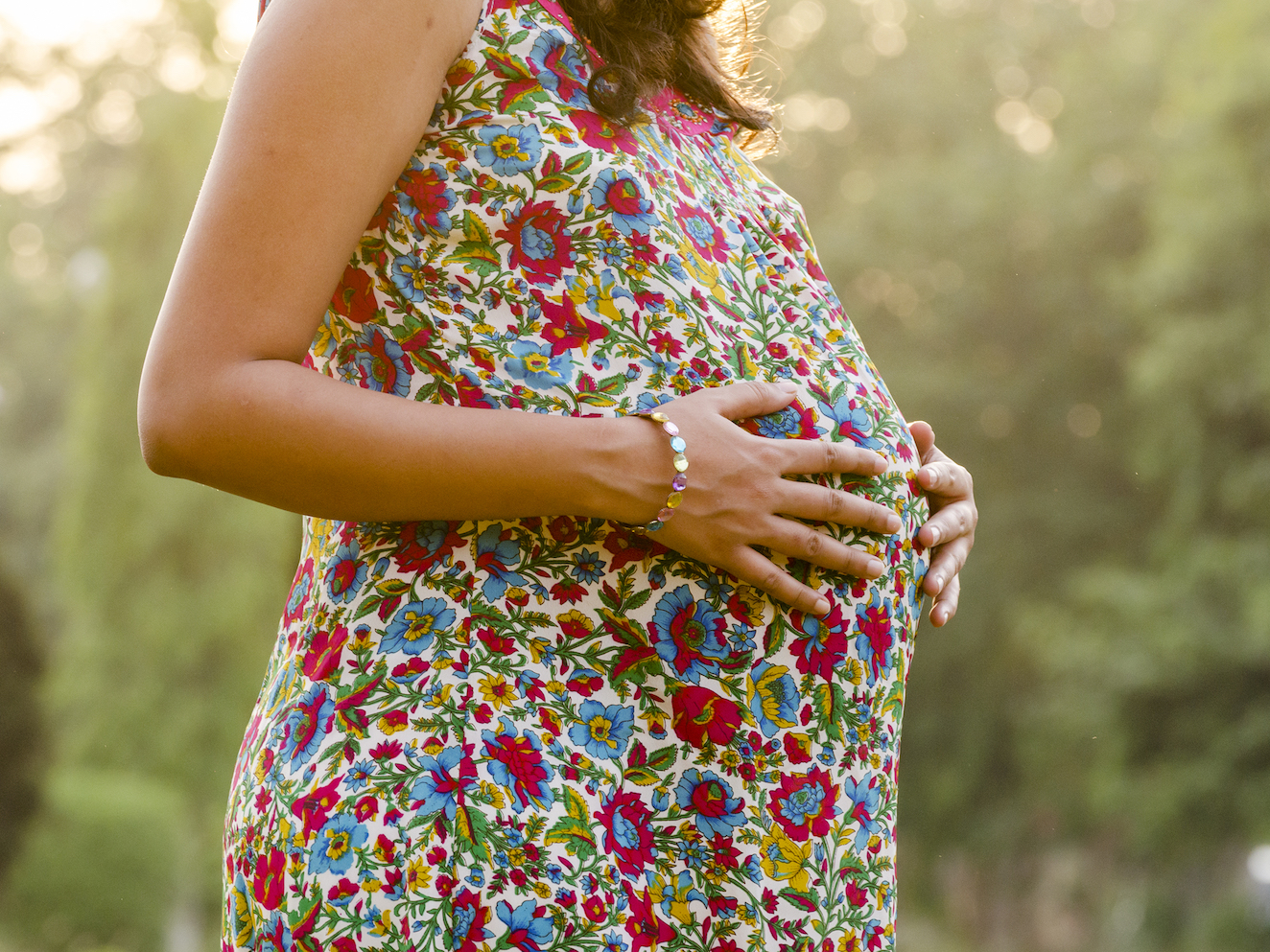- Your obstetrician may suggest Benadryl if you are pregnant and suffering from allergies, hayfever, nausea, vomiting, or lack of sleep.
- When you’re pregnant you can take the same dose of Benadryl as before pregnancy. For standard Benadryl, that means no more than 1 to 2 tablets every 4 to 6 hours for an adult.
- Some small, older studies suggested that taking Benadryl the first trimester of pregnancy could lead to a slightly higher risk of birth defects. But larger and more thorough studies have since found no connection between antihistamines and birth defects.
- This article was reviewed by Karen Duncan, MD, who is an assistant professor with the Department of Obstetrics and Gynecology at NYU Langone.
- Visit Insider’s homepage for more stories.
While some information suggests that it’s important to avoid all medication while pregnant, Martha Rac, MD, says this is not the case.
“Certain medications, if used properly, can not only make the pregnancy more tolerable but also improve outcomes,” says Rac, an assistant professor of obstetrics and gynecology at the Baylor College of Medicine.
One of those medications is Benadryl. “Benadryl is safe during pregnancy and breastfeeding,” Rac says.
Benadryl can treat more than just allergies
The generic name for Benadryl is diphenhydramine, which is sold under a number of brand names. You don’t need a prescription to get Benadryl or other diphenhydramine-containing medicine as they are over the counter.
Your obstetrician may suggest Benadryl if you are pregnant and suffering from:
- allergies
- hay fever
- nausea and vomiting
- sleeping difficulties
Just make sure to follow the instructions and don't exceed the maximum daily dose, Rac adds.
When you're pregnant you can take the same dose of Benadryl as before pregnancy. For standard Benadryl, that means no more than 1 to 2 tablets every 4 to 6 hours for an adult.
Benadryl is a type of antihistamine, meaning it works by blocking the molecular signal known as histamine. Your body releases histamine when it's suffering from an allergic reaction, which is why Benadryl is often used to treat allergic conditions.
Benadryl does not cause birth defects
Some small older studies suggested that taking Benadryl the first trimester of pregnancy could lead to a slightly higher risk of birth defects. But larger and more thorough studies have since found no connection between antihistamines and birth defects, Rac says.
For one 2013 study, published in Allergy and Clinical Immunology, researchers examined 20,000 infants - 13,213 with malformations at birth and 6,982 without. They then looked at which mothers used antihistamines in their first trimester and found no significant correlation between that and malformations in newborns.
How to tell shich medications are safe during pregnancy
"[Benadryl] is a category B medication, which means no evidence of risk in human pregnancies is known," says Rac.
"B" is one of the five categories created by the US Food and Drug Administration to classify medications according to the risk they pose to a developing fetus. While drugs in categories A and B are safe, those in D and X should be avoided.
But most medications fall into the gray area of category C - neither clearly safe nor harmful. In these cases, the benefits may outweigh the risks. "This should be a conversation between you and your obstetrician," she says.
Related stories about pregnancy:
- Yes, Tylenol is safe for pregnancy. Here's the right dosage
- How to relieve your pregnancy nausea
- When pregnancy cravings start and how long they last
- How much weight you should gain during pregnancy, according to doctors
- Yes, you can get a flu shot while pregnant. Here's the best time to get it.
- Doctors debunk the 25 biggest pregnancy myths
